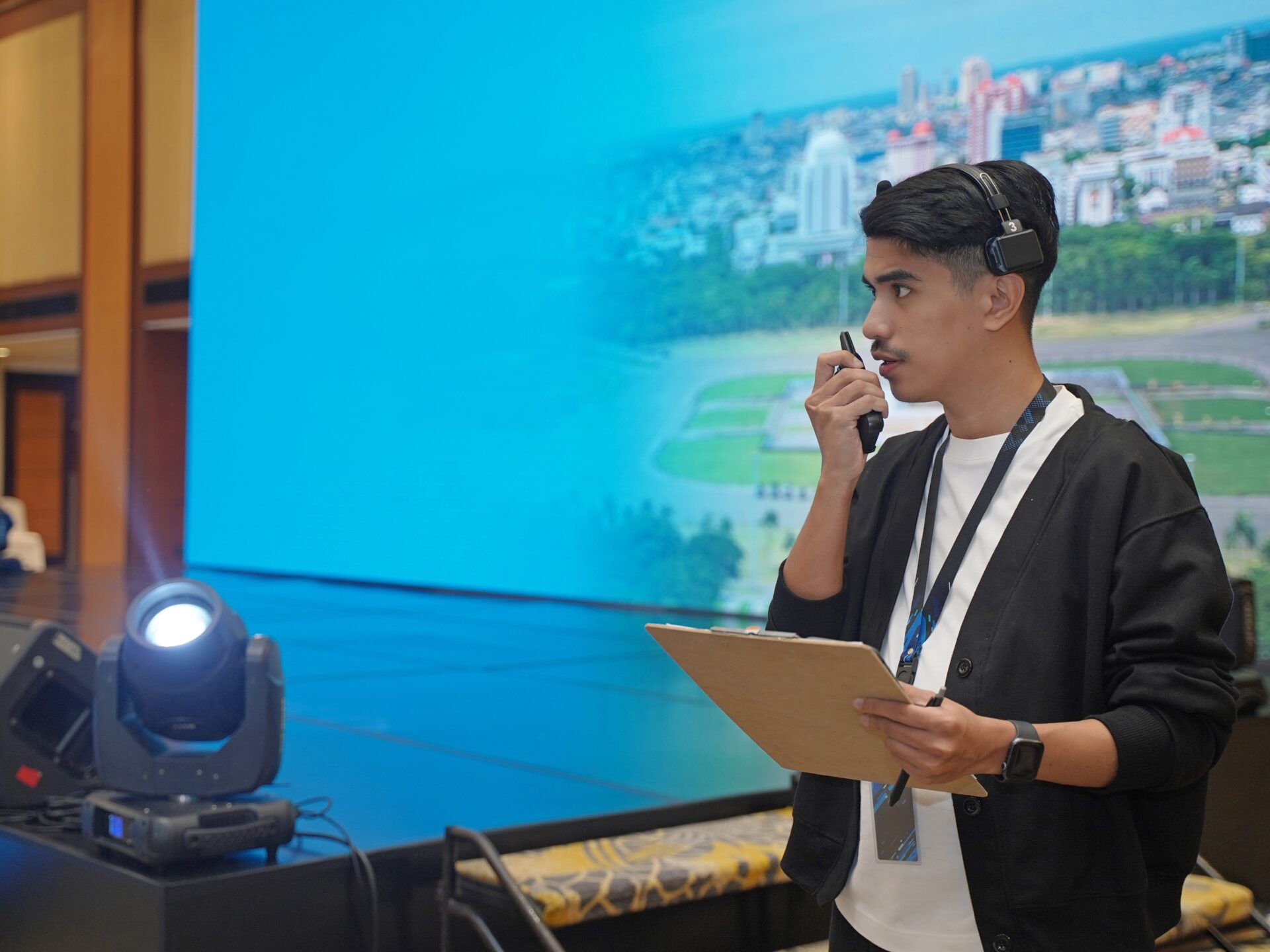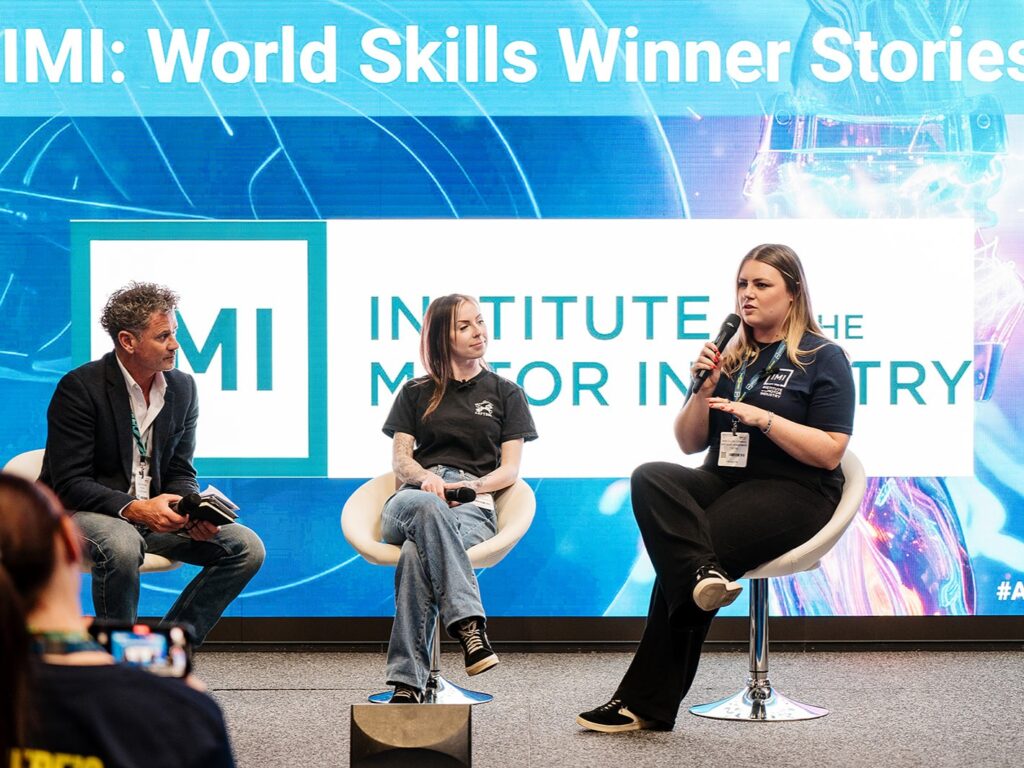Nine in 10 event professionals said work-life balance expectations were a key reason staff were leaving the sector, according to the latest Meetings Industry Association (MIA) survey.
Over half (53%) of those surveyed saw an increase in burnout, stress or wellbeing issues in the last year, with high workloads and tight deadlines named as the main reasons.
Fewer than half (42%) said wellbeing was fully part of their workplace culture, and only 45% of organisations provided training for managers to support mental health at work.
38% said the sector was not adapting well to changing workforce needs, and eight in 10 pointed to budget constraints as a barrier.
42% said their organisation was not investing in upskilling or reskilling, and 28% had no succession plan for key roles.
Fewer than half (47%) believed their organisation was well-placed to stay competitive over the next three to five years.
Some employers were making changes, with 78% developing early-career staff for future leadership and 88% using in-house training.
Millennials remained the largest workforce group, but the number of gen Z employees was growing, bringing new expectations about flexibility, transparency and wellbeing.
Over half (55%) reported workplace conflicts due to generational differences.
Half (50%) of respondents were concerned about a lack of industry awareness among candidates, and 47% pointed to weak communication skills.
71% of employers said they were being more transparent in job descriptions and interviews, and a third were offering more training and onboarding at the start of employment.
83% were confident in their organisation’s ability to retain staff over the next year.
Flexibility was the most popular initiative to support this, chosen by 52%, followed by more management training (46%) and regular check-ins (35%).
59% of organisations now offered flexible working as standard.
Shonali Devereaux, CEO of the MIA, said: “People are the foundation of our industry, which is why – for the first time – our latest insight’s report is dedicated entirely to our people.
“As a sector rooted in human connection, it’s encouraging to see the steps many organisations are already taking to support and invest in their teams, and these results have shown what important steps still need to be taken to make our industry futureproof.
“The feedback clearly highlights where the gaps and opportunities lie.
“Understanding how best to attract, retain and nurture talent in the face of evolving expectations, wellbeing needs and ongoing recruitment challenges is critical to securing a sustainable and successful future for our industry.”
Devereaux added: “Our research will lead directly into action, with the MIA providing guidance, training and support for its members in relation to our people.”
















